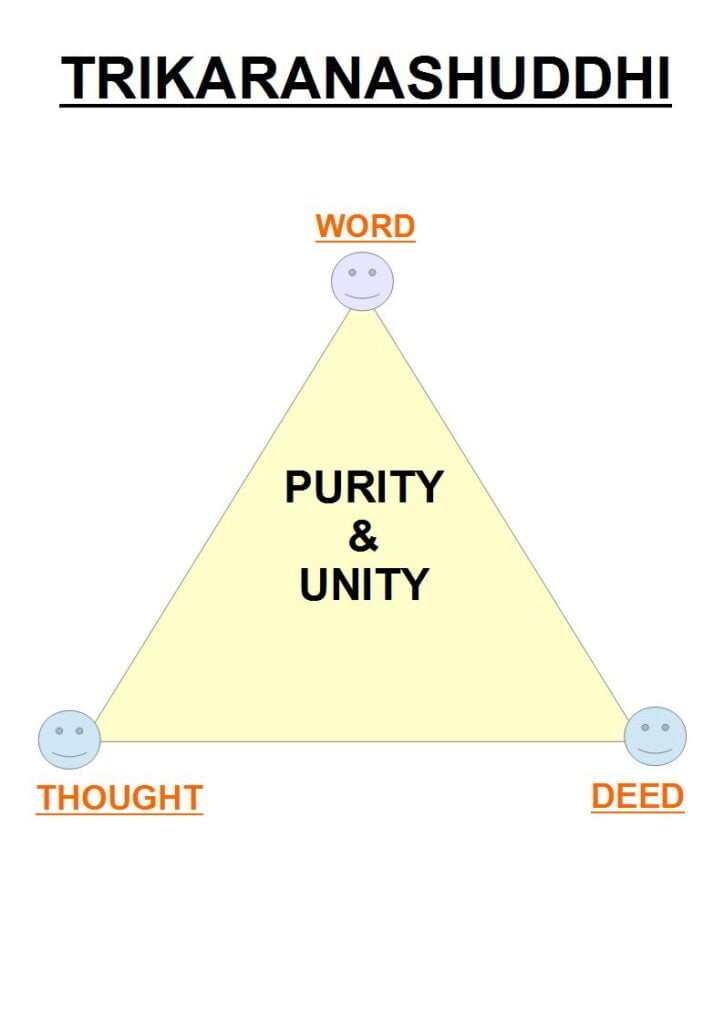
Indian Philosophy Nuggets
Indian philosophy
In this course we explore some vocabulary and ideas of Indian philosophy, though Indian philosophy is vast and like an ocean, we cover some of the basic ideas which are part of the way of living in India.
India is known for its rich philosophical traditions that date back thousands of years. From the ancient Vedas to the modern-day teachings of spiritual gurus, India has a wealth of wisdom to offer the world. In this article, we will explore the depth and diversity of India's philosophical roots and uncover the wisdom of its philosophical schools.
The Depth and Diversity of India's Philosophical Roots
India has a long and complex history, and its philosophical traditions reflect this diversity. The earliest Indian philosophy is found in the Vedas, which are a collection of hymns and rituals. The Vedas deal with a wide range of subjects, including ethics, metaphysics, and cosmology.
Over time, different schools of philosophy emerged in India, each emphasizing different aspects of the Vedas. One of the most influential schools was the Nyaya school, which focused on logic and epistemology. Another important school was the Yoga school, which emphasized the importance of meditation and spiritual practice.
Uncovering the Wisdom of India's Philosophical Schools
One of the most fascinating aspects of Indian philosophy is the way that different schools interacted with each other. For example, the Nyaya school developed sophisticated logical arguments to support its claims about reality, while the Yoga school emphasized experiential knowledge gained through meditation.
Other important Indian philosophical schools include the Samkhya school, which emphasized the importance of understanding the nature of reality, and the Vedanta school, which focused on the study of the Upanishads, a set of texts that explore the nature of the self and the universe.
Despite their differences, all of these schools share a fundamental belief in the importance of self-knowledge and spiritual liberation. They offer unique insights into the nature of reality and the human experience and continue to inspire people around the world to this day.
Exploring India's philosophical traditions is a fascinating journey that reveals the depth and diversity of human thought. Whether you are interested in logic, metaphysics, or spirituality, there is something in India's philosophical heritage that can speak to you. By studying these ancient texts and teachings, we can gain a deeper understanding of ourselves and the world around us.
What You'll Learn
- 1 Vedanta Basics Quiz
- 2 Define God
- 3 Critical concept Karma Kartha and Kriya
- 4 Six states of a living body
- 5 Foundations of Indian Philosophy
- 6 Three Gunas or qualities you deal with all the time
- 7 The human body from a Vedantic perspective
- 8 Vedic way of living
